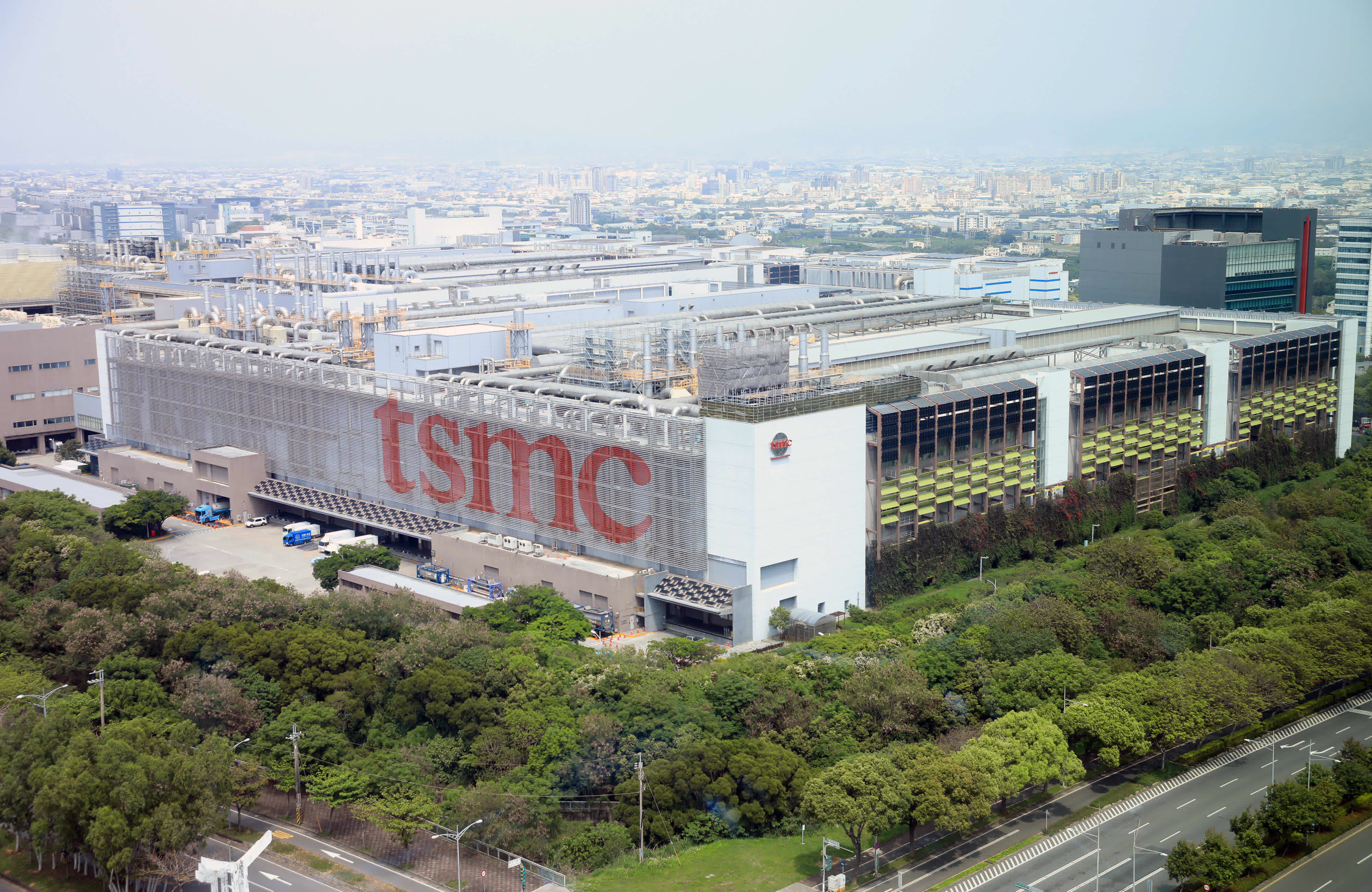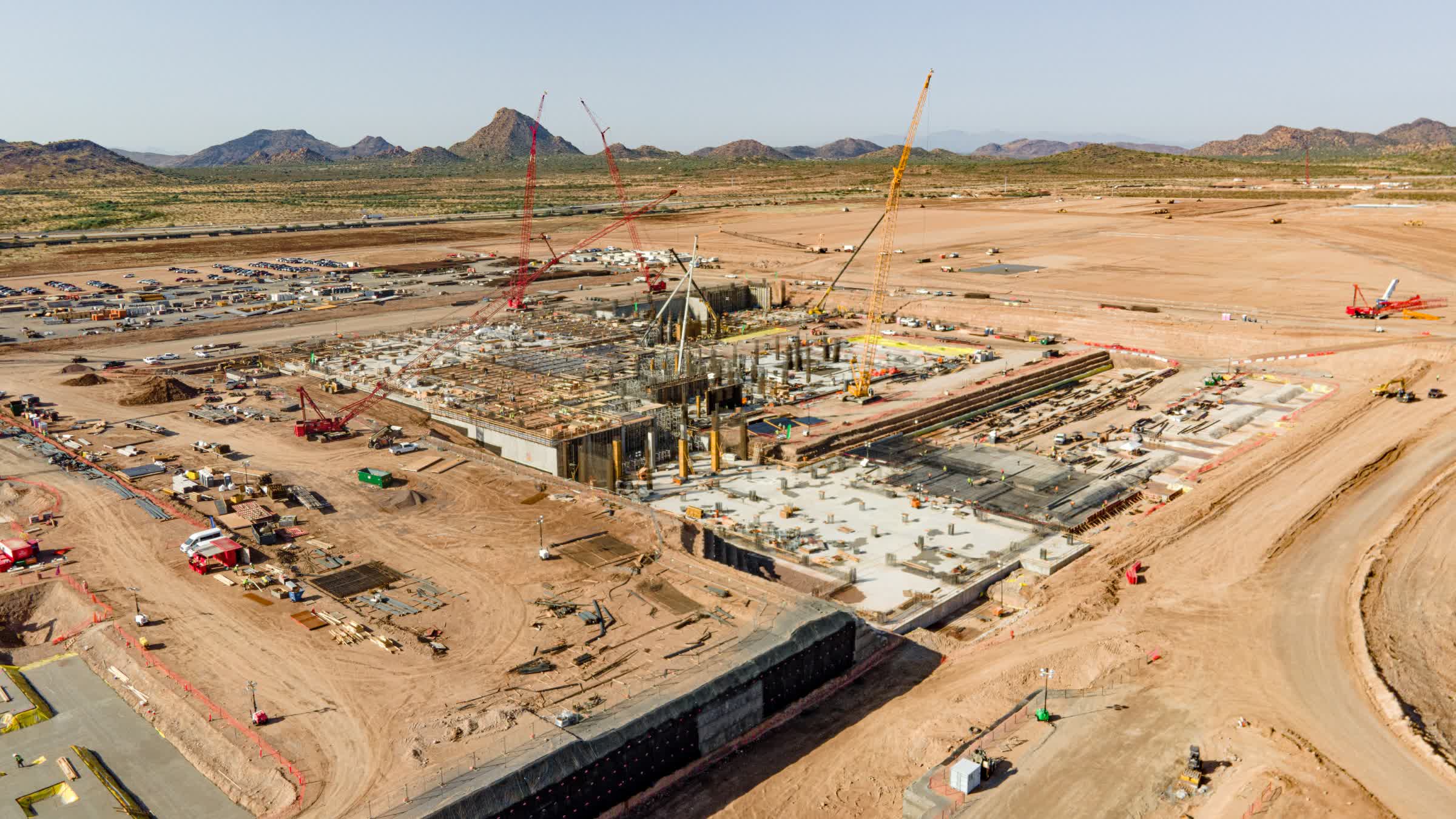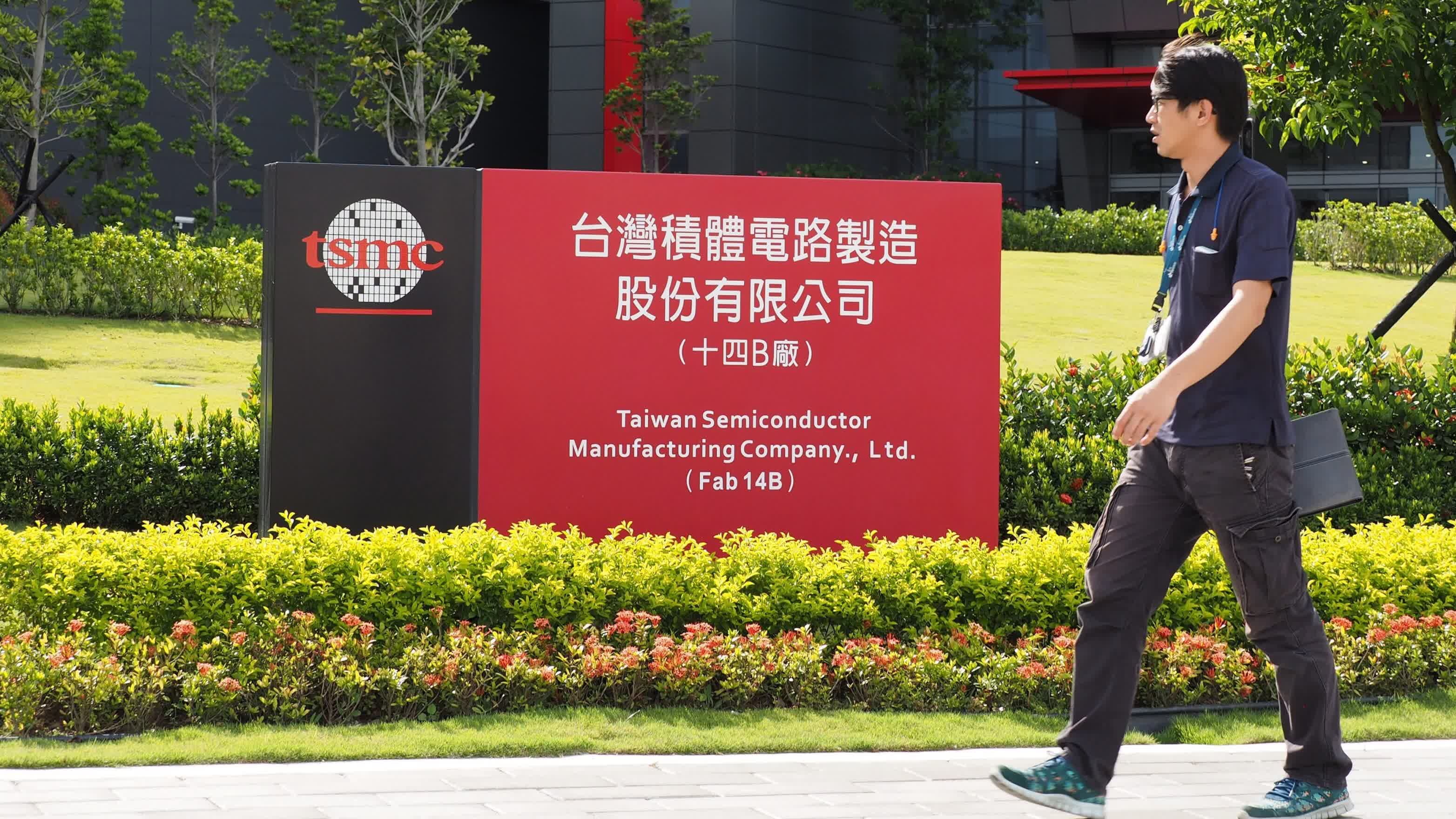The big picture: It's been an eventful few months in the processing industry, with tech companies releasing new products left and right. The influx of devices isn't stopping, as TSMC has plans to relocate 3nm development to the United States, and that's not the only news.

Taiwan Semiconductor Manufacturing Company (TSMC) has been in the news frequently lately, with many companies releasing products that include the chip fabricator's semiconductors and process nodes. The Taiwanese chip producer has reliably supplied AMD with its 5nm processors since 2020 and even provided new 4nm nodes for Nvidia's recent Ada Lovelace graphics cards.
The iPhone 14 also features TSMC's 4nm process node. However, as its largest customer, Apple often gets the latest and greatest developments from the supplier. As such, Cupertino plans to move to TSMC's 3nm process for the iPhone 15.

Currently, TSMC only produces 3nm nodes within its home country of Taiwan. While this doesn't necessarily cause any significant issues or hang-ups during Apple's development process, there are ways to streamline it. The two companies have one idea: move all of TSMC's 3nm production to the United States.
In 2020, TSMC began plans to build a processing and development plant within the US. Initial estimates put the construction's completion in 2021. However, after two delays, the deadline is now Q1 2023. Assuming they meet this timeframe, iPhone 15 models will feature a brand new 3nm processor made in the United States.

In related news, one of TSMC's Taiwan-based plants has begun focusing on finding breakthroughs to reaching 1nm process nodes. Of course, as processors become more compact, they become much harder to produce consistently. So TSMC engineers must find new materials and methods to shrink to 1nm and smaller processes.
To this end, TSMC partnered with the Massachusetts Institute of Technology (MIT) and the National Taiwan University (NTU) to research and develop new methods. After loads of engineering and testing, they discovered that combining "2D materials" and "semi-metallic bismuth" results in extremely low resistance, which may overcome the most challenging aspect of producing 1nm nodes.
The research teams did confirm that 1nm nodes are still years away from being produced and sold in consumer products. We will not see current plans for 2nm nodes until late 2024. So it could easily be at least five years for such a breakthrough. Who knows, maybe we will see picometer-sized (1000 pm = 1nm) nodes before the end of the decade if these breakthroughs continue.
https://www.techspot.com/news/96624-tsmc-hopes-move-3nm-production-us-also-beginning.html